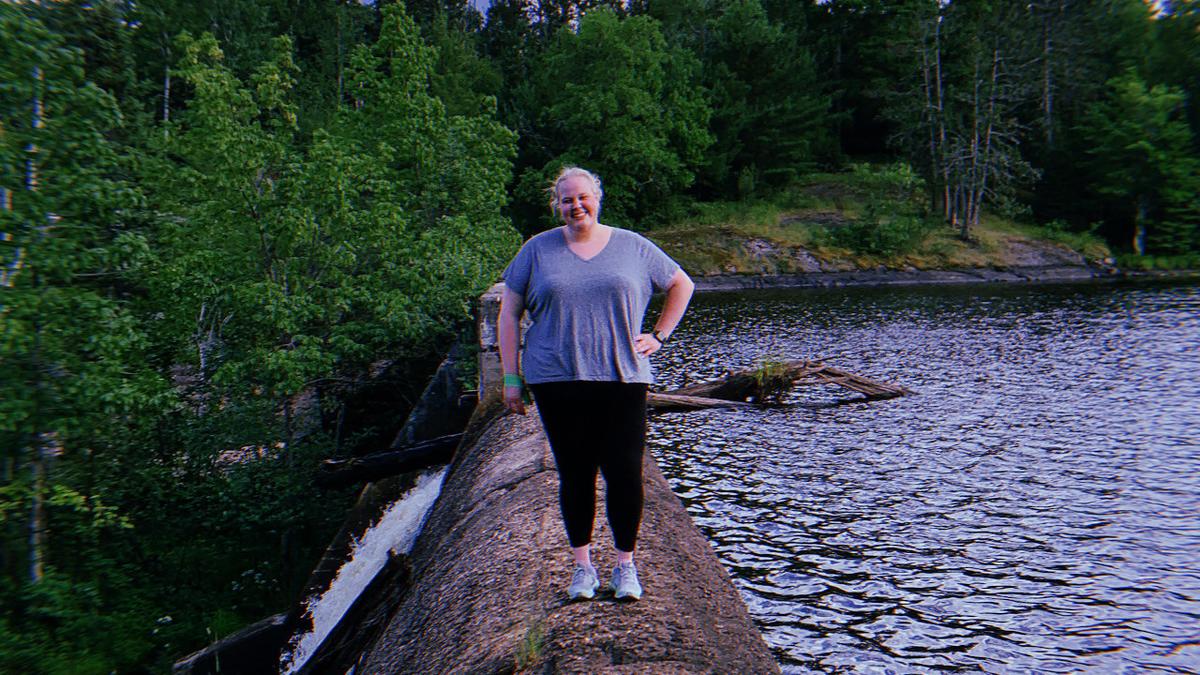With the COVID-19 pandemic still in full swing, many students have had to find alternatives to the usual, to satisfy in-person field work and internship requirements. For Master of Social Work (MSW) student Gabby Suihkonen, this meant converting her internship with the Range Mental Health Center into a virtual position.
As a participant in the Clinical Scholars Program, Suihkonen is among a dedicated group of students who are working to improve access to mental health services, both for underserved communities and in health professional shortage areas, which are often rural areas.
The National Institute for Mental Health has indicated that the vast majority (80-90 percent) of mental health service providers work exclusively in metropolitan areas. In addition, more than 65 percent of rural Americans receive their mental health care from their primary healthcare provider rather than someone who specializes in mental health.
Growing up, Suihkonen says she witnessed firsthand the additional challenges those living with mental illness in rural communities face. "I also was able to see the barriers to and the lack of care for mental illness in the Arrowhead Region of Minnesota," she says.
Now, Suihkonen uses Zoom video conferencing to provide individual therapy to her own caseload of clients as she completes the final step in earning her MSW. "My passion really lies in changing the language that surrounds mental illness, mental health, and suicide. I strive to put focus on the idea of being able to thrive and not to only survive after significant mental health crises or expression of symptoms," she says.
Her internship at the Range Mental Health Center is conducted entirely through telehealth appointments. Suihkonen notes the array of opportunities that have been presented thanks to this new format of interning. "I have had the opportunity to do numerous trainings and shadow many providers," she explains. Other experiences Suihkonen has had this summer include co-facilitating a women's dialectical behavioral therapy group, attending clinical staff meetings, and receiving supervision every single day, which she notes is "an experience that not many interns get!"
Adapting to this new form of an internship hasn't been easy. At first, Suihkonen was resentful and scared of having to provide telehealth services. But as she nears the end of her summer internship experience, she sees things differently. "Now I can see how much more rich my experience was, and how the skills I gained with telehealth measures are skills that will be valuable moving forward in this field."
Suihkonen's advice to other students during these challenging times is to acknowledge the difficulties they may be experiencing. "Take it day by day, and hour by hour," she says, "Remember that you cannot pour from an empty glass."
Learn more about UMD's Social Work programs.
